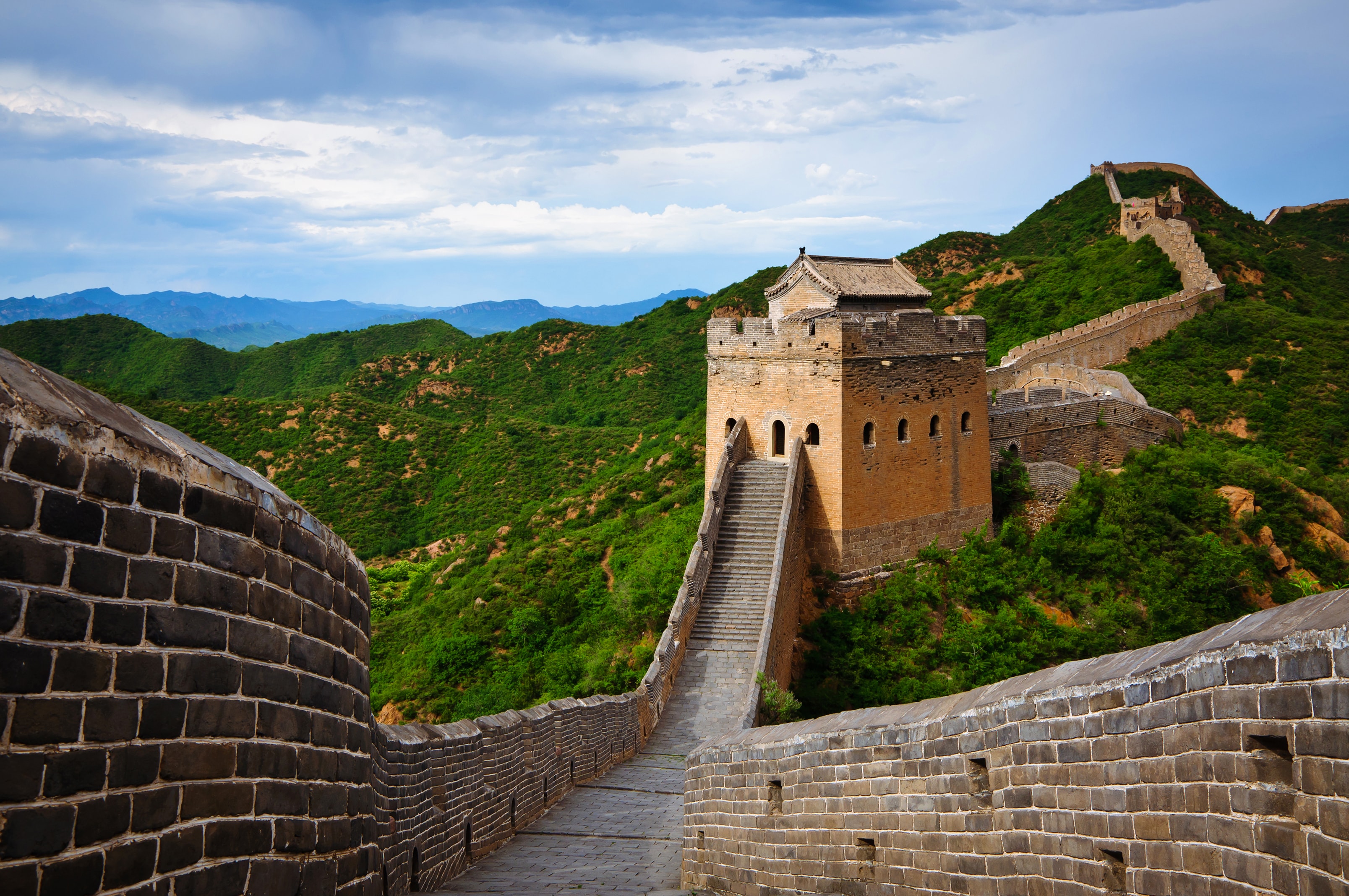Mao's Influence On Modern Chinese Tourism
Share

Mao Zedong, the founding father of the People's Republic of China, has left an indelible mark on the nation, shaping not only its political landscape but also its cultural and tourism sectors. As modern Chinese tourism continues to evolve, the influence of Mao is evident in various ways, from the preservation of historical sites to the promotion of national pride. This article explores how Mao's legacy continues to impact tourism in China today.
The Historical Context of Mao's Influence

Mao Zedong's leadership from 1949 until his death in 1976 was marked by significant social and political changes. The Cultural Revolution and the Great Leap Forward were pivotal events that not only transformed the country but also left a complex legacy. Today, many of the sites associated with Mao's life and the events of his era have become focal points for tourists seeking to understand China's past.
Key Attractions Related to Mao
-
Mao Zedong Memorial Hall: Located in Tiananmen Square, this hall houses Mao's embalmed body and attracts millions of visitors each year. It serves as a site of homage for many Chinese citizens and tourists alike.
-
The Red Museum: Situated in Beijing, this museum showcases the history of the Communist Party and Mao's role in shaping modern China. It provides insights into the revolutionary spirit that still resonates in the country.
-
Mao's Former Residence: Located in Shaoshan, Hunan Province, this site is where Mao was born and raised. The residence has been preserved as a museum, offering a glimpse into his early life and the environment that shaped his ideologies.
Mao's Impact on National Pride and Tourism
Mao's image is often associated with national pride and unity. The Chinese government has strategically used his legacy to foster a sense of belonging among its citizens. This has translated into tourism initiatives that celebrate Chinese culture and history, encouraging both domestic and international travelers to explore the roots of modern China.
The Role of Education in Tourism
Educational tourism has gained traction in China, with many schools and universities organizing trips to historical sites related to Mao and the Communist Party. These excursions aim to instill a sense of patriotism and understanding of China's revolutionary history among younger generations.
The Modern Tourism Landscape
As China opens its doors to the world, the tourism landscape has transformed dramatically. The influence of Mao is still felt, but it is now intertwined with a broader narrative that includes economic development and globalization.
Key Modern Attractions
-
The Great Wall of China: While not directly linked to Mao, the Great Wall has become a symbol of Chinese resilience and strength, values that Mao promoted during his leadership.
-
The Forbidden City: This UNESCO World Heritage site attracts millions of visitors annually, showcasing China's imperial history alongside its revolutionary past.
-
Cultural Festivals: Events celebrating Chinese culture, history, and Mao's legacy are increasingly popular, drawing tourists eager to experience authentic Chinese traditions.
Best Time to Visit
The best time to visit China for tourism is during the spring (April to June) and autumn (September to November) months. During these seasons, the weather is generally mild and pleasant, making it ideal for exploring historical sites and engaging in outdoor activities.
Weather Information
- Spring: Mild temperatures, blooming flowers, and vibrant landscapes.
- Summer: Hot and humid, with occasional rain; ideal for visiting mountainous regions.
- Autumn: Cool and dry, perfect for sightseeing.
- Winter: Cold, especially in northern regions; however, it offers a unique perspective on the country's landscapes.
Conclusion
Mao Zedong's influence on modern Chinese tourism is profound and multifaceted. From historical sites that honor his legacy to the promotion of national pride, his impact is evident in various aspects of the tourism industry. As travelers seek to understand the complexities of China's past and present, Mao's story remains a significant part of the narrative.
For those planning a trip to China, consider exploring the rich tapestry of attractions that reflect Mao's influence and the broader history of this fascinating country.
Book Your Trip Today!
Ready to experience the wonders of China? Secure your accommodations and flights now to embark on a journey that intertwines history, culture, and modernity.
- Hotels & Flights: Book Here
- Transfers: Arrange Transfers



